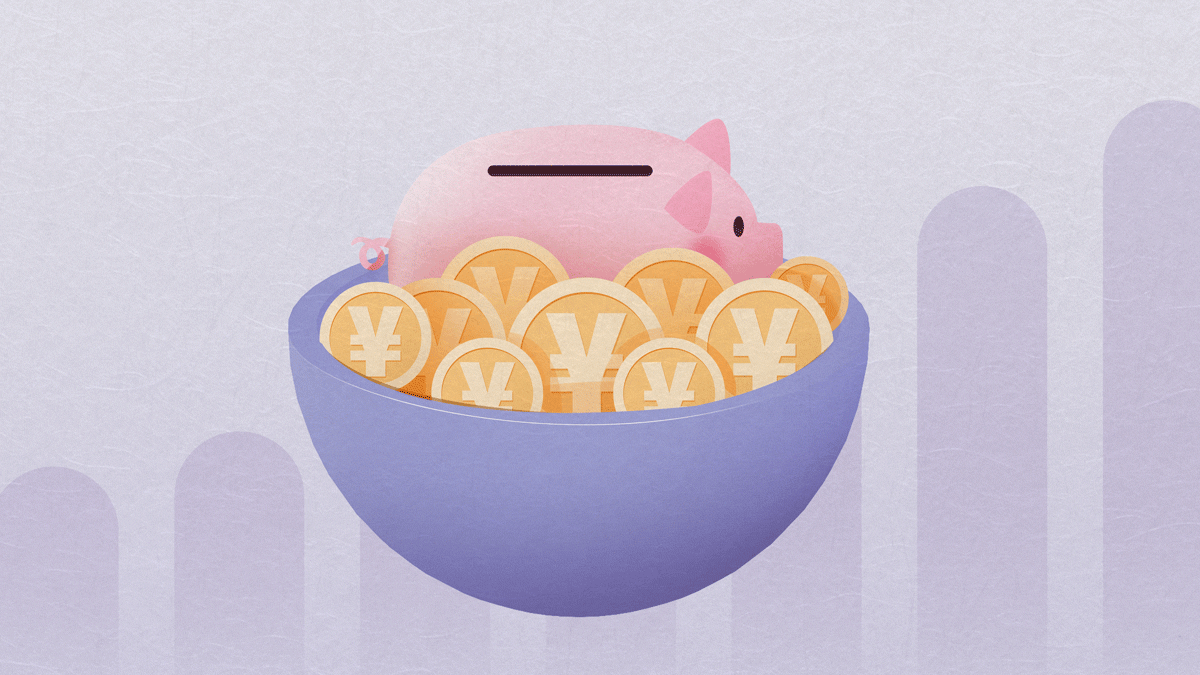
Why China’s ‘Chengguan’ Are Public Enemy Number One

In 18 years of being a chengguan — a city management official — three events stand out in my mind.
The first happened shortly after I got the job, before I had become jaded by it. I soon noticed that when street vendors spotted me from a distance they would immediately take off running. They had nothing but contempt for us, a seething hatred they could barely control.
The second occurred the year Shanghai hosted the World Expo in 2010. A resident of a nearby apartment complex came to me to file a complaint. He said a vendor from Xinjiang had left him short on an order of melons. As he talked, he rolled his sleeves up and asked me threateningly whether I planned to do anything about it.
Not long prior to this incident, while I was on a sweep for illegal vendors, this same resident had tried to intercede with me on behalf of the very seller who had now cheated him, criticizing me for enforcing the law too strictly.
The third was in late 2013. Zhan Chenxu, a fresh graduate from the academy with less than six months’ experience on my team, was on an evening patrol when he came across one of the night markets that pop up all over the city. It was a routine operation, but as he and his fellow officers told one vendor to vacate the premises, they were suddenly attacked by the vendor and his friends.
Two members of the patrol were overpowered and beaten by seven or eight attackers. Zhan suffered severe bruising, while a community support officer with him tore a tendon in his finger. The third member of the patrol, realizing that resistance was futile, managed to escape in time, avoiding injury.
While there were several dozen witnesses to the attack, not one intervened to stop it. Yet afterward, they all came in, one by one, and said they would be happy to testify in the case.
The first event left me feeling bemused. The second, unsure whether to laugh or cry. The third just left me heartbroken.
At first glance, the ongoing battle between chengguan and street vendors might seem like a game of cat and mouse. But it isn’t. It’s more like an episode of “Tom and Jerry,” with the residents of the city as the audience, cheering on Jerry for his guile and his daring escapes, while Tom’s relentless pursuit elicits not cheers, but jeers. The process of enforcing the law is long and hard, and it’s not limited to just us and the people upon whom we enforce it — rather, it impacts everyone in the city.
On Feb. 29, 2016, four chengguan in Ningbo, in eastern China’s Zhejiang province, were serving a legal notice when they were attacked by a street vendor. The attack left a brigade chief and a patrolman dead. Normally, death in the line of duty would cause people to feel sympathy for the victims, but online public opinion shifted almost instantly to a feeling of “good riddance.”
In that moment, I remember feeling both devastated and numb: devastated because of the way people viewed my profession, and numb because these kinds of attacks just kept repeating themselves, while I was powerless to stop them.
Recently, there has been a constant stream of reports describing chengguan being attacked and stabbed. I do my best to avoid reading them, because every time I hear about some new incident, it takes me a long time to calm down again.
I later heard that the two patrolmen who survived the Ningbo attack received a stipend from a law enforcement fund. It was probably the same stipend Zhan Chenxu got, that I’ve received, and that every member of our team who has ever been on the receiving end of a violent outburst has been given. The money is the fund’s way of showing us they care, but it’s become a joke. We call it the “Injury Award.” And really, given the unenviable criteria, who would actually want to win it?
Who is actually the disadvantaged group here, the chengguan or the vendors? As far as the vendors are concerned, their life is one of necessity, as they try to make the best of their options and scrape out a living. In social terms, they are certainly the disadvantaged group. But at the same time, it is the chengguan, organized in accordance with the needs of developing cities and lacking public support, who have become professional scapegoats. Are we not also a disadvantaged group?
Some chengguan can be arrogant and conceited. The public image of them kicking vendors to the ground has been around for a long time, but in reality we are told not to strike back when hit or lash out when cursed.
Yet when every warning is ignored, we have no choice but to confiscate the vendor’s goods. When every attempt to get them to pack up and leave goes unanswered, we have no choice but to take their wares to the disposal center. If we need to pursue legal action, we proceed carefully, preserving all the evidence. We are afraid of getting involved in disputes, and even more afraid of losing the people’s trust.
In my opinion, what chengguan need most is the understanding and support of the people. Every chengguan is primarily concerned with how to do a good job managing the city. The job arose from the needs of China’s developing cities — it wasn’t created at random. The importance of the position means that we all hope to gain people’s approval, not to hear the words “good riddance” every time a chengguan is stabbed, beaten, or killed.
(As told to Sixth Tone’s Wang Lianzhang.)
(Header image: Chinese city management officials, or chengguan, help a legal vendor carry fruit during a patrol aiming to root out unlicensed vendors, Zhongshan, Guangdong province, June 3, 2015. Wu Jin/ Southern Metropolis Daily/VCG)














